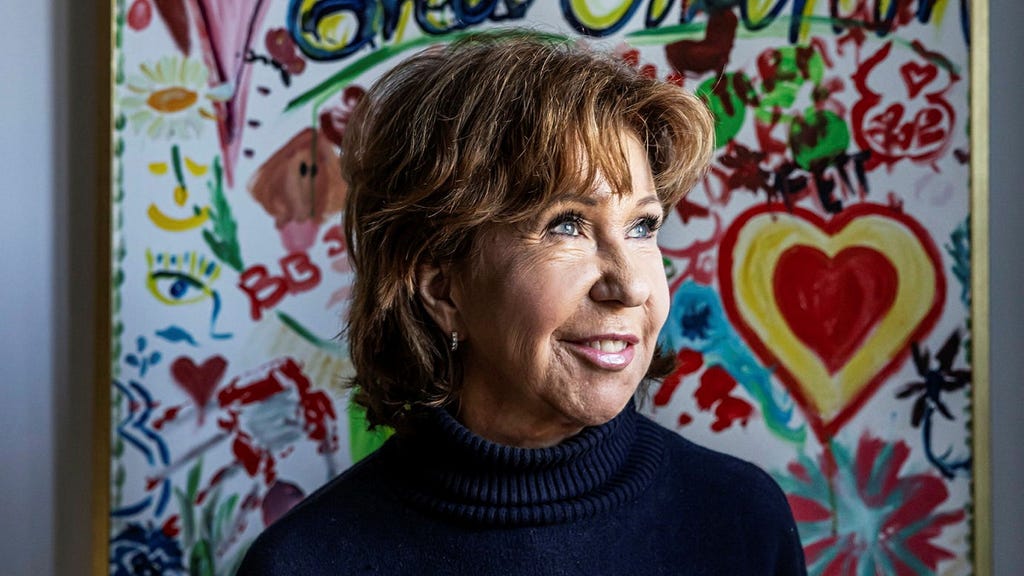Gudrun Abascal, a renowned Swedish midwife, has dedicated over five decades of her life to supporting women through childbirth. Her career began in the 1970s after a profound experience witnessing the birth of a baby boy, an event that solidified her ambition to become a midwife. Starting at Löwenströmska Hospital, where she had spent part of her childhood in a staff residence as her parents also worked there, she quickly found her calling. She later moved to Danderyd Hospital’s maternity ward, one of the largest in Sweden, where she eventually climbed the ranks to become head midwife. Her passion for improving childbirth experiences led her to play a pivotal role in establishing two private maternity clinics, BB Stockholm and BB Sophia.
Abascal’s commitment to women’s agency in childbirth is evident throughout her career. She championed the idea of birth plans, empowering women to express their preferences and alleviate fears surrounding labor. This forward-thinking approach has resonated with countless expectant mothers, making her book, ”Att föda” (Giving Birth), a definitive guide for childbirth in Sweden, with nearly 100,000 copies sold. She has consistently advocated for women to trust their instincts and find the birthing method that feels most comfortable, challenging the traditional, medically-driven approach common in the past.
During her career, Abascal has witnessed firsthand the evolution of childbirth practices. From the hushed deliveries of the past where women were expected to stoically endure pain, to the present-day emphasis on the overall birthing experience, she has navigated and influenced these changes. She recounts visits to international maternity wards, noting the cultural differences in expressing pain, highlighting how women adapt to societal expectations during labor. Abascal firmly believes that every woman’s birthing experience is unique and valuable, regardless of whether they choose pain relief or a cesarean section.
The rise of social media has brought new dimensions to childbirth narratives. From educational platforms to personal accounts documenting births, the conversation around labor and delivery has become increasingly public. Abascal acknowledges this shift, recognizing the power of shared experiences and the importance of informed choices. However, she also cautions against the potential for unrealistic expectations and the pressure to conform to idealized birth stories. She emphasizes the unpredictable nature of childbirth, urging women to remain flexible and prioritize their own needs and comfort.
Abascal’s dedication extends beyond the delivery room. She has been a constant support for expectant parents, answering calls at all hours and offering guidance and reassurance. Even after retiring from her position at BB Sophia, she remains actively involved in childbirth preparation courses and provides counseling for women experiencing fear of childbirth. Her empathy and understanding have made her a trusted confidante for numerous families, and she continues to impact the lives of expectant parents with her wisdom and experience.
Despite the challenges and controversies that have marked her career, including the closure of BB Sophia amidst negative media coverage, Abascal remains steadfast in her commitment to women-centered care. She reflects on the tragic loss of a patient at BB Sophia with deep sadness, while also expressing frustration at the sensationalized reporting that followed. The experience underscores the increasing scrutiny of maternity care and the complex interplay of medical practice, public perception, and individual narratives in shaping the modern birthing landscape. Throughout it all, her focus remains on empowering women to navigate the profound and transformative journey of childbirth with confidence and support. Her upcoming autobiography, ”Mitt liv som barnmorska” (My Life as a Midwife), promises to offer further insights into her remarkable career and her unwavering dedication to the well-being of mothers and their babies.














